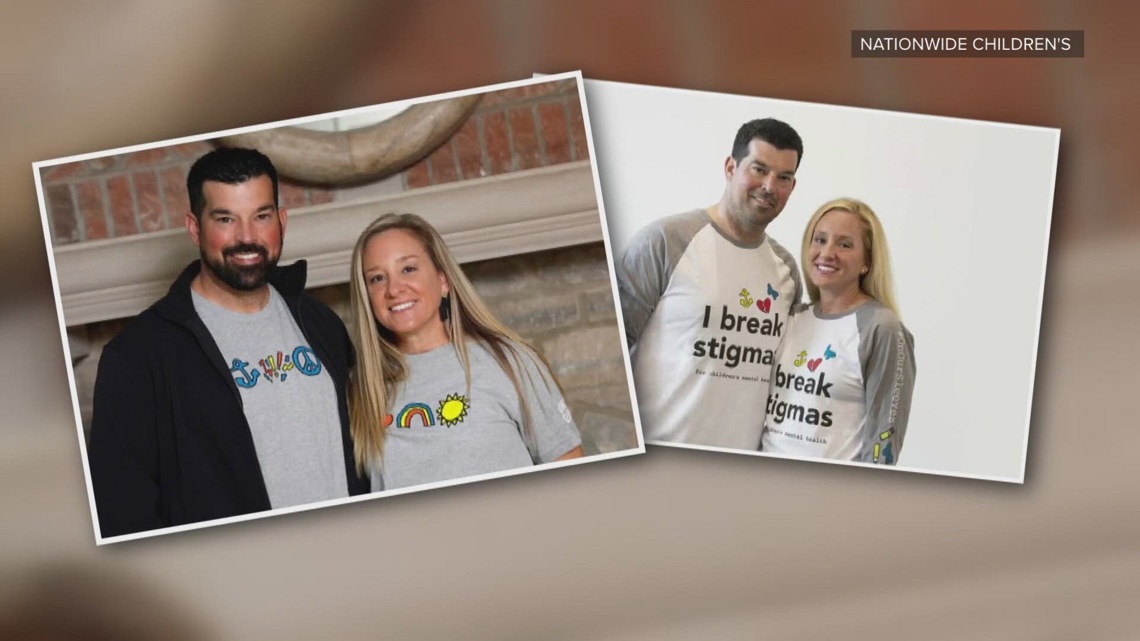Faculty researchers in the School of Social Work and Human Services at Troy University are shedding light on an often-overlooked issue: the significantly higher risk of suicidality among formerly incarcerated individuals on parole.
Their recent study explores key factors contributing to suicidal ideation and underscores the need for enhanced community resources and mental health treatment during and post-incarceration. This research not only informs public health policy but also highlights the expertise and impact of Troy University faculty in addressing critical social issues.
Understanding the Study
Led by a team of distinguished faculty members, the study analyzed data from the National Survey on Drug Use and Health, examining a national sample of 1,725 individuals on parole.
Using advanced data analytics, including Classification and Regression Tree (CART) analysis, the researchers identified complex interactions among risk factors linked to suicidal ideation.
The study found that depression, regardless of severity, is a key predictor of suicidal ideation among parolees. However, its impact is significantly amplified when combined with additional risk factors:
- Mild Depression: Increased suicidality when intersecting with unaddressed mental health needs, limitations in activities of daily living (ADLs), and pain reliever misuse.
- Severe Depression: Exacerbated mental health challenges, particularly when coupled with ADL limitations, poor self-perception of health, and vulnerabilities among younger (18-20) and older (35+) individuals.
Dr. Leah McCoy, a faculty researcher in the School of Social Work and Human Services, emphasizes, “This research highlights the importance of addressing mental and physical health risk factors as it relates to individuals under parole supervision and suicide ideation risk.”
“Having worked in the prison setting, I’ve seen firsthand the limitations within this environment as it relates to preparing individuals for reintegration back into society,” she continues. “Each individual has their own needs/challenges, ranging from exacerbation of physical and mental health symptoms, limited familial support, and concerns related to residency upon release.”
The Urgent Need for Community Resources
Despite advancements in research, gaps remain in the availability of mental health treatment and supportive services for individuals transitioning out of incarceration. Troy University faculty stress that reintegration programs must prioritize mental health interventions to improve long-term outcomes for parolees.
McCoy states, “Addressing mental health interventions proactively not only benefits these individuals and their mental health, but society as a whole. Waiting until symptoms are compounded can create complexities as it relates to receiving, and ultimately being successful with treatment.”
This study underscores the importance of leveraging data analytics to uncover hidden risk factors associated with suicidality among parolees. By identifying these predictors, policymakers and healthcare providers can develop targeted interventions to mitigate risk and provide much-needed support. Faculty at Troy University are at the forefront of this research, advocating for policies that bridge the gap in mental health care and ensure access to essential services.
McCoy asserts, “Mental health policies and associated funding support successful reentry for parolees by addressing their symptoms, as criminal justice involved individuals have higher rates of mental health diagnoses compared to the general population.”
Understanding the nuanced factors influencing suicidal ideation among individuals on parole is critical to creating effective prevention strategies. Troy University faculty are making significant contributions to this field by offering data-driven insights that can shape public health policies and community programs. Investing in mental health treatment and reintegration support programs can ultimately lead to healthier individuals and stronger communities.
“Reintegration should not be a roadblock to recovery but a path toward healing and hope. Our study provides a foundation for making meaningful changes,” McCoy concludes.
By bringing attention to these pressing issues, Troy University faculty continue to lead innovative research that promotes social change and advances public health. Their work underscores the institution’s commitment to service and research, reinforcing the critical role that higher education plays in addressing society’s most urgent challenges.








 English (US) ·
English (US) ·